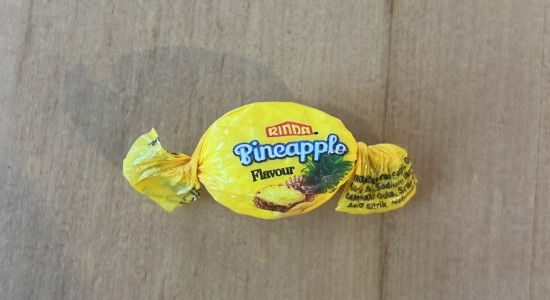Asian alcohol and drug survey shows more use than previously thought

Asian Family Services and the New Zealand Drug Foundation Te Puna Whakaiti Pāmamae Kai Whakapiri are calling for more services that cater to Asian New Zealanders, following the release of a new report (PDF, 1.2 MB) showing higher levels of drug use and harm than previously thought in parts of the Asian community.
“When we think about who is affected by harmful alcohol or drug use, we don’t usually think of Asian New Zealanders,” says Asian Family Services CEO, Kelly Feng. “There is a bias that Asians are the ‘model minority’ and do not use drugs or are affected by alcohol. This report shows this to be untrue.”
The national survey, commissioned by Asian Family Services and the New Zealand Drug Foundation, showed the prevalence of alcohol and drug use in some subgroups exceeded the national average.
Survey participants reported barriers to accessing services, resources and information were high, driven by social-cultural factors.
"Asian New Zealanders are not getting the services they need, and it is time to address that with targeted interventions designed by or with our community,” says Feng.
73% of respondents reported using alcohol in the last 12 months. Participants reported harms from alcohol that included the inability to remember the night before, unwanted sexual activity, and injuries.
Drug Foundation Executive Director, Sarah Helm, says the research gives valuable and in-depth insights into Asian New Zealanders’ experiences of drug use.
“We now understand where there may be higher levels of use, and where additional support may be needed. Asian New Zealanders who are younger or born in New Zealand are more likely to use drugs than other Asian New Zealanders.”
Cannabis was used by 7.6% of respondents, with Indian New Zealanders (8.5%), Filipinos (14.3%), and ‘other Asian’ New Zealanders who identify with an ethnic group outside of the four largest ethnic groups (15.5%), being more likely to use cannabis.
The study also found that drug use and harms were experienced differently by other subgroups, including LGBTQ+ Asian New Zealanders.
Harms from drug use reported by participants included a strong desire to use the substance again (21.4%), memory or concentration problems (20.9%), health, social, legal or financial problems (16.8%), and feelings of guilt or remorse (15.3%).
“It is important to remember that not all alcohol or drug use causes harm, and many even reported benefits,” says Helm. “But now we have a better understanding and opportunity to investigate further and ideally improve services and messages to the Asian community.”
The new survey canvassed Asians across the motu to establish a baseline for the perceptions and experiences of Asian New Zealanders. This is the first survey of its kind at scale, and it is hoped to be used as a monitoring tool going forward. A major motivation for the partnership between Asian Family Services and the Drug Foundation is acknowledging that Asians continue to be left out when it comes to health and social service design.
“We won’t understand the nuance across the Asian diaspora without engaging with the community in a safe space – particularly for the vulnerable subgroups like the LGBTQ+ and disabled Asian community. This is crucial to understanding the socio-cultural drivers of behaviour that this report has highlighted,” says Helm.
Feng adds that drug use, alcohol harm, mental health, gambling and suicide are all very stigmatised topics for Asian communities that can bring feelings of guilt or shame.
"We need services and resources that are targeted with these cultural factors embedded into its design. The current mainstream services do not and will not address poorer outcomes for our Asian communities as it currently stands,” Feng says.
The survey was designed, distributed and analysed by Synergia and Trace Research.
Download the full summary report
Photo by Andreia Costa on Unsplash
Recent news

Potentially lethal dose of methamphetamine found in Rinda pineapple lolly wrapping
The Drug Foundation is warning people not to consume Rinda pineapple lollies.

Beyond the bottle: Paddy, Guyon, and Lotta on life after alcohol
Well-known NZers share what it's like to live without alcohol in a culture that celebrates it at every turn

Funding boost and significant shift needed for health-based approach to drugs
A new paper sets out the Drug Foundation's vision for a health-based approach to drug harm

